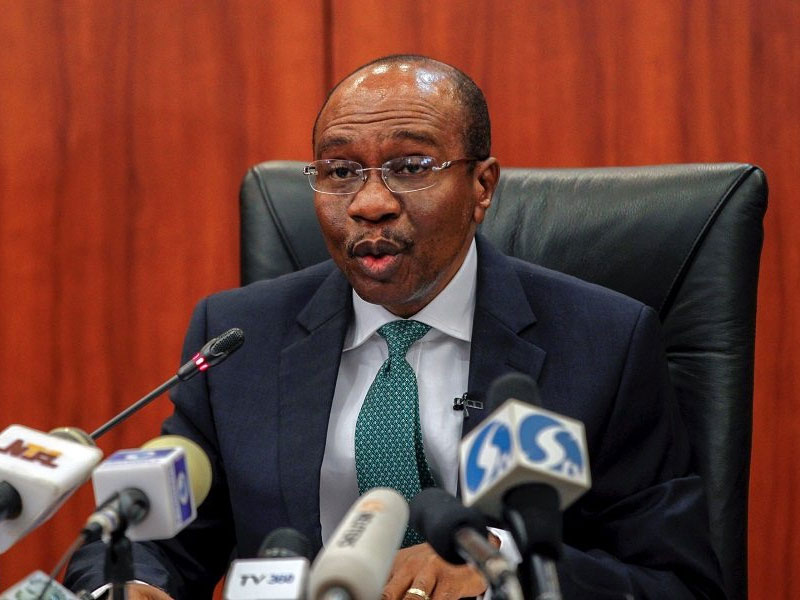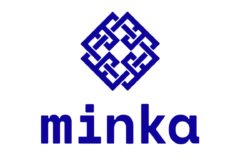It is possible to over-analyse decisions and attempt to decrypt rhyme and reason where there is none.
Football fans and pundits dissect every top team’s defeat as a crisis. Film buffs are guilty as well: I lost my voice defending Taraji P. Henson’s character in Acrimony in 2018 and folks are banging heads on walls because of Malcolm and Marie. Sports and fiction mania? When there’s a pandemic outside?
This can happen with public policy discussions too. The Central Bank of Nigeria’s recent clampdown on cryptocurrencies might seem like an overzealous snafu by bored bureaucrats. Let’s file it under ‘10 Nigerian government things that make you smh and lol’ and move on.
If only.
In fact, the CBN’s order asking banks to stop facilitating cryptocurrency transactions of any type demands serious attention. The bank’s anti-money laundering (AML) concerns are valid, but the approach has left much to be desired.
We are only doing our job
On 7th February, the CBN published a well-written 1,600-word explainer defending its decision.
The apex bank has been wary about crypto since 2017 when they asked commercial banks to ensure the crypto exchanges they facilitated knew what they were doing. But the new memo tells banks not to work with crypto exchanges under any conditions.
The CBN cites KYC and AML as their main reason:
“The very name and nature of ‘cryptocurrencies’ suggests that its patrons and users value anonymity and concealment. The question that one may need to ask is, why any entity would disguise its transactions if they were legal.”
The bank is right in noting that anonymity is central to how cryptocurrencies work. Anonymity is opposed to the Know Your Customer requirements in every financial system in the world.
But the KYC procedure set up by the CBN and Nigeria Inter-bank Settlement System has enabled most Nigerian fintech innovations in the past decade.
In 2014, the CBN started work on bank verification numbers (BVN). Since then, BVN has been integral to CBN policies, including the Global Standing Instruction by which the apex bank can track and recover funds from people who fail to repay loans.
For example, financial and non-financial institutions can make a ‘Name Enquiry’ API call to NIBSS to verify and onboard potential users. NIBSS offers similar functionalities that are available to digital businesses of different sizes.
This KYC system is at the heart of Nigeria’s fraud prevention framework in the financial industry. As such, the CBN believes that a currency that advocates against KYC will be harmful to its anti-money laundering and countering of terrorism strategies.
Beyond KYC though, maintaining the circulation of dollars in the economy is the CBN’s other reason for dissing crypto. Cryptocurrencies, especially bitcoin, are traded in US dollars. About $400 million worth of cryptocurrency was traded on Nigerian crypto exchanges last year.
“From a fiscal point of view, the activities of the crypto guys have been devastating, judging from the volumes of FX being used to fund crypto transactions” says Adédèjì Olówè, a fintech analyst and trustee of the Open Banking initiative.
He notes that the CBN is within its rights to lay down the law on what is acceptable in the financial system, in line with their mandate to direct monetary policy and ensure financial stability for the country.
But he believes the CBN would need to find an inclusive approach to regulating crypto.
“If not, the smart young people running these exchanges could be driven into the underground world of tech, where the impact of inclusive regulations may never be felt. Creating a far bigger headache than what CBN currently has.”
Criticism of the CBN goes beyond procedure, however. It could be that the bank is plainly wrong on its main justification.
We do KYC
The simplest response to the CBN’s fears is that crypto exchanges do in fact comply with existing KYC standards.
Exchanges sprouted up around 3 years ago to help people trade crypto securely for a fee. Before them, trades were always risky as they were done on platforms where users had no means of ensuring receipt of payment, like WhatsApp and Telegram.
Nigeria-based exchanges like BuyCoins, Bundle, Quidax and the likes of Luno and Binance based outside the country have tiered requirements for onboarding new customers.
Most request a mix of name, bank verification number, government-issued IDs, phone number, and a selfie, and have maximum trading amounts.
And on anonymity, crypto has proven to be less anonymous than feared with the rise of chain analysis. It is possible to know the location of a person requesting a bitcoin transaction, as this video which supposedly traced a transaction to Lagos, Nigeria shows.
“An anonymous bitcoin transaction done today might not be anonymous in two years,” Yele Bademosi, CEO of Bundle, told Stears Business.
But in the absence of exchanges performing KYC, many fear the emergence of a new black market for peer-to-peer crypto transactions in Nigeria. Under this environment, anonymity and bad faith actions would be a problem.
Imade Iyamu, a lawyer at Banwo & Ighodalo, a law firm, says the CBN’s circular may have the unintended consequence of edging legitimate crypto traders into “shadow markets” where their activities can no longer be monitored.
Under the previous regime, banks with crypto-exchanges as customers monitored them for AML/CFT controls.
“I think it’s motivated by forex control, especially if you look sequentially at the CBN’s policies so far,” Iyamu says, pointing to the CBN’s circulars in December 2020 prohibiting payment of diaspora remittances in Naira.
She hopes that the apex bank will engage the exchanges in robust stakeholder meetings that will produce a regulated crypto environment.
Regulation is good and possible
Aituaz Kola-Oladejo, CEO of Financial Services Innovators which operates a fintech sandbox, echoes similar sentiments.
“I think it is time for the CBN to regulate the virtual currencies space in Nigeria” she says.
Kola-Oladejo believes the CBN could regulate crypto exchanges by getting them to follow a set of KYC rules similar to what banks follow. Because they operate a wallet system and hold consumer’s deposits, it would also be necessary for the apex bank to require a minimum capital base for a crypto exchange to be licensed.
She admits this may lead to some consolidation in the nascent space.
That might involve two or three players join houses to form a single exchange, in the same way Nigerian banks merged during the 2005 consolidation by the CBN.
By working with the CBN and the Securities and Exchange Commission (SEC), a clear path can be created for sustainable crypto use in Nigeria as is the case in countries like South Africa, Japan and Germany. Last year, the SEC recognised cryptocurrencies as securities “unless proven otherwise.”
While it raises questions on volatility and integrity, the CBN’s circular does not disprove cryptocurrencies as securities.
Despite the CBN’s moves, Bitcoin, Ethereum, Litecoin and other cryptocurrencies aren’t going away from Nigeria. Thousands of Nigerian bitcoin owners will remain motivated to hold tightly to their assets as the price rises. As of Tuesday morning, bitcoin was trading at a record $43,000.
The CBN’s intention to regulate the supply of money in the country is justified, but basing the argument against crypto exchanges on the dangers of anonymity doesn’t appear to match the evidence. It remains to be seen whether they recognise the purpose crypto exchanges serve and reconsider their position.





















